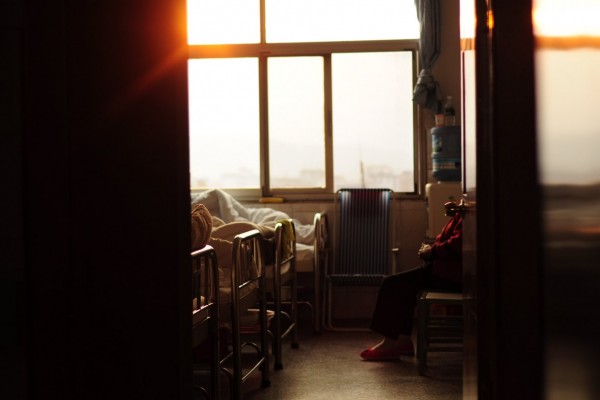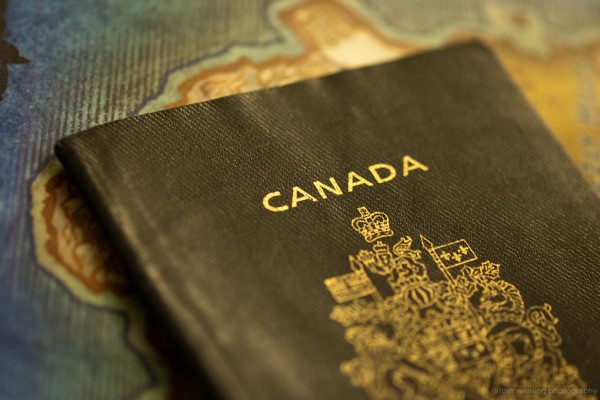India’s COVID crisis shows why Canada needs to oppose vaccine monopolies
Canada’s decision to block the waiving of vaccine patents is not only immoral and unjust—it is also completely illogical

On April 28, India’s official death toll climbed past 200,000, while authorities recorded 362,757 infections in a 24-hour period, bringing the total number of cases to more than 17.9 million. Photo from Flickr.
India is in turmoil.
For the fifth straight day, the country has broken global records for its number of new COVID-19 infections. In the last 24 hours alone, infections have risen by more than 362,000, with daily fatalities above 3,000.
Swamped with the arrival of new patients, and lacking necessary medical supplies and bed space, hospitals across the country have been forced to turn away patients, leaving many to die without any hope of receiving assistance.
As a result of this surge in new infections, India’s health ministry is now reporting that the total number of COVID-19 fatalities has reached 201,187, though even this staggering figure does not accurately reflect the tragedy of the situation, as many experts estimate the real death toll to be two to three times higher.
In response to the crisis, political leaders from the world’s wealthiest countries lined up to their podiums to deliver boilerplate speeches, pledging unfettered support.
In the United States, President Joe Biden called India’s Prime Minister Narendra Modi, promising “America’s steadfast support for the people of India.”
British Prime Minister Boris Johnson similarly vowed that the United Kingdom would do “all it can” for its Commonwealth partner, while Canada’s Minister of Public Services and Procurement, Anita Anand, declared that Canada “will continue to be engaged to assist wherever possible.”
To be fair, some of these political leaders also backed up their words with concrete action to assist India.
The UK, for instance, has begun delivering ventilators and other medical equipment. So too has the US, which is also going to be sending raw materials to India’s Serum Institute—the world’s largest vaccine producer—to manufacture doses of the AstraZeneca/COVISHIELD vaccine.
Canada, for its part, stands “ready with PPE and ventilators and any items that might be useful for the government of India.”
When solely considering these pledges of support, coupled with the insufficient but necessary delivery of short-term assistance, one might mistakenly assume that the rich nations of the Global North have been nothing but benevolent bringers of aid to India.
Unfortunately, however, their actions throughout the pandemic have been far from altruistic.
After all, piecemeal assistance does not add up to much when you consider the fact that wealthy countries have been obstructing India and the rest of the Global South for more than six months in their attempts to end the monopolization of vaccines and vaccine patent rights.
In fact, it’s been more than half a year since India, together with South Africa, first proposed a temporary intellectual property waiver on the patent rights of COVID-19 vaccines. If passed, the proposal would allow those in poorer countries to manufacture vaccines far more quickly and affordably—a move which would help increase vaccination rollouts and save lives.
However, though the proposal has garnered the backing of roughly 120 countries, hundreds of civil society groups, and millions of citizens, it is still being obstructed at the World Trade Organization by a minority of affluent countries, including Canada.
This is unacceptable for several reasons.
For starters, it stands in opposition to the values of global humanitarianism while propping up a system of extreme vaccine inequality by allowing just 16 percent of the world’s population, all of whom reside in wealthy countries, to maintain control of half of all confirmed vaccine orders.
With such a system in place, some of the world’s poorest countries will not even have 70 percent of their populations vaccinated by 2024, according to current projections.
Not only is this decision immoral and unjust, but it is also completely illogical.
For one, by allowing the majority of the world’s population in the Global South to go unvaccinated, Canada and the rest of the Global North is only setting itself up for prolonged economic hardship.
According to a study by the International Chamber of Commerce Research Foundation, “the global economy stands to lose as much as $9.2 trillion if governments fail to ensure developing economy access to COVID-19 vaccines.”
If you don’t think this vaccine inequality won’t hinder Canada’s economy in the long run, think again.
Secondly, by blocking the temporary waiver on vaccine patent rights, the Canadian government has left itself at the mercy of an international supply chain outside of its control.
For instance, as a result of India’s increased struggles with the pandemic, Canada and other countries have had their expected shipments of vaccines delayed, as India must now prioritize those doses for its own struggling population.
This begs some questions: if Canada and other Global North countries had come around in October to supporting India’s temporary waiver on vaccine patent rights, allowing for the increased manufacture of doses, would India be experiencing the same level of crisis it is today? Would it need to divert vaccines intended for other countries to its own struggling population? Would far more Canadians be vaccinated by now?
These are some questions for Canadians to ponder as they consider their government’s inaction at the World Trade Organization and its effective opposition to the temporary waiver of vaccine intellectual property patent rights.
Wyatt James Schierman is a freelance writer from Alberta and a regular columnist with Loonie Politics. His writing has also been published in the Ottawa Citizen, the Toronto Star, the Calgary Herald, Huffington Post Canada and the Hill Times. When he is not writing, Wyatt is traveling abroad as an election observer.










